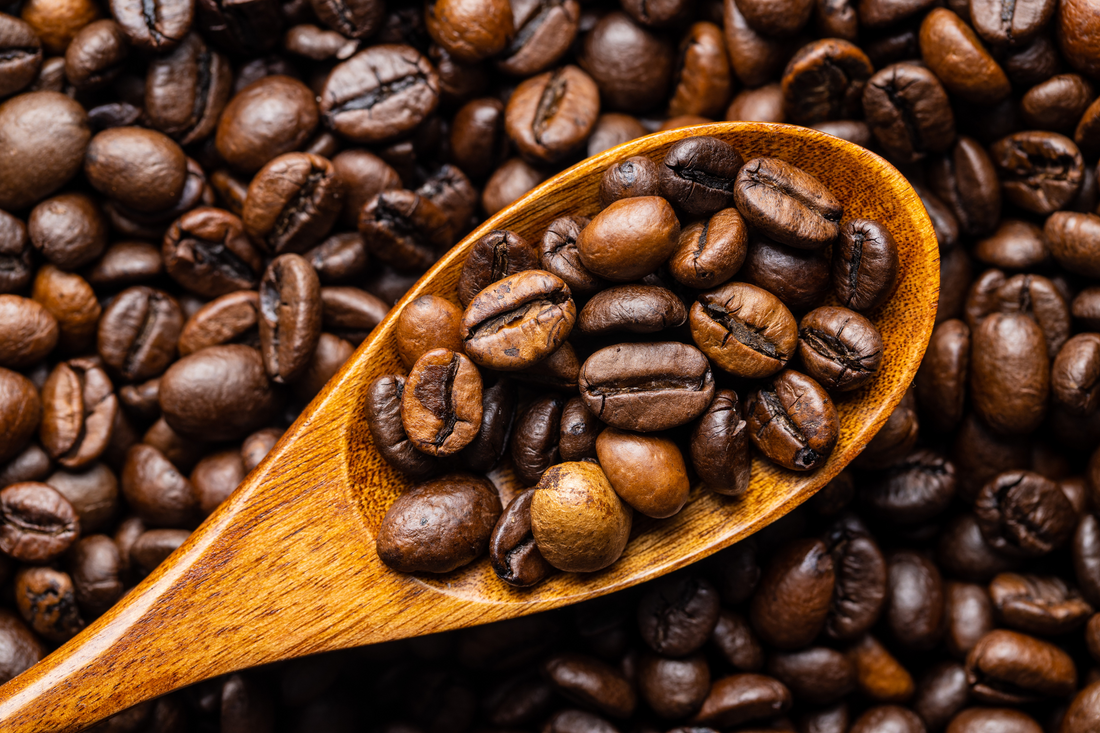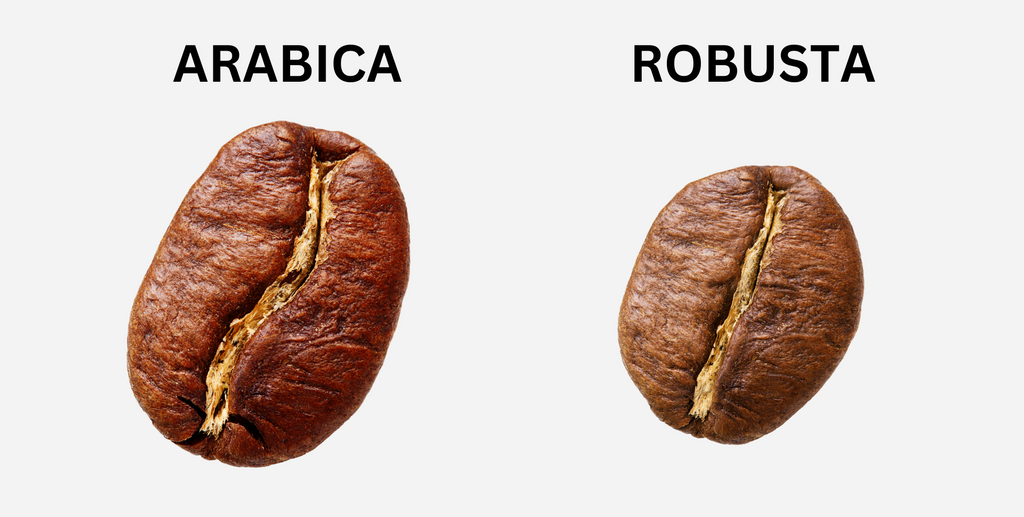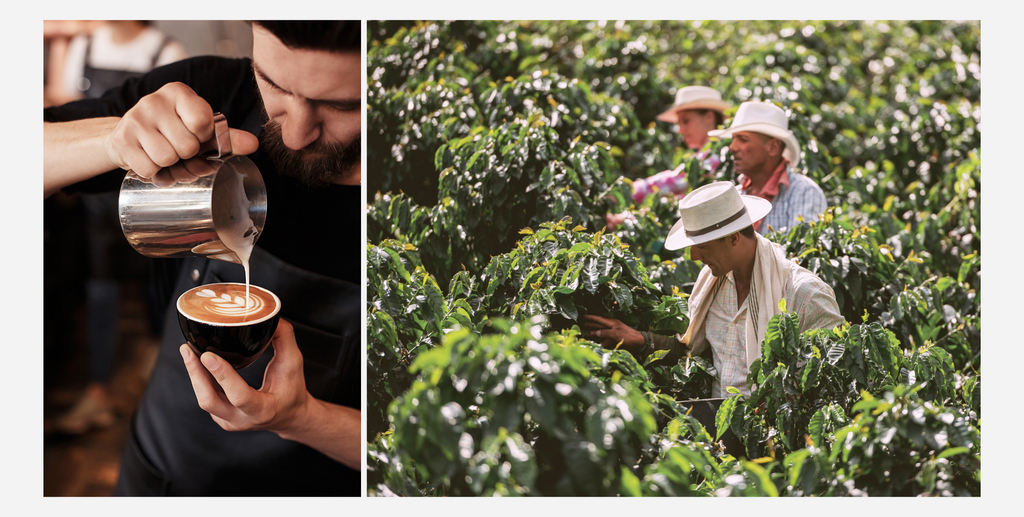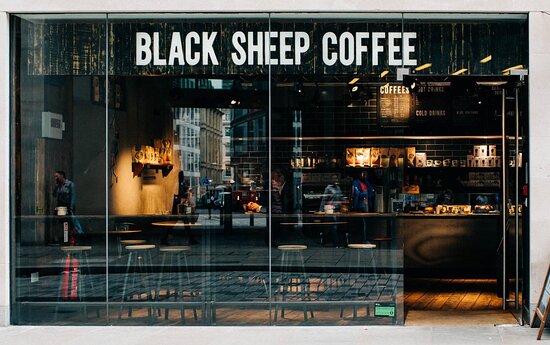
SPECIALTY ROBUSTA: THE FUTURE?
Share
For those unfamiliar, there are two main commercially grown coffee species: Arabica (Coffea Arabica) and Robusta (Coffea Canephore). Chances are, if you had coffee today, it was Arabica, as it's the favored bean for most coffee establishments and roasters. In comparison, Arabica typically renders a smoother and sweeter cup, offers a wider range of complex flavours with pleasant. Within the Arabica species, there are thousands of varieties and cultivars, allowing coffee enthusiasts and professionals alike more varieties to explore.

On the other hand, Robusta is known for its nutty, earthy, and sometimes bitter flavors, with lower levels of oils and sugars but higher caffeine and protein content. Traditionally, Robusta has been reserved for inferior or convenience coffee products, such as instant coffee or capsules, due to its economic advantages in cultivation, being more disease-resistant and adaptable to varying climates. Despite comprising about 30% of global coffee production and being significantly cheaper for businesses, Robusta carries some stigma in the specialty coffee industry.

However, recent innovations and the potential for Arabica shortages due to climate change have brought "fine robusta" into focus. Producers and roasters like Sethuramen Estate in India, and Black Sheep Coffee and Nguyen Coffee Supply, are leading the charge by offering Robustas that rival some specialty Arabicas in tasting assessments. To be classified as "fine," Robusta undergoes the same rigorous grading process as Arabica, established by the Coffee Quality Institute in 2015.The resurgence of fine Robusta isn't just about affordability; it has its own strengths, offering a heavier-bodied, nutty, buttery, and spice-forward cup with milder acidity than Arabica. While it may lack the same complexity, floral notes, and fruit-forward flavors of specialty Arabicas, Robusta should be appreciated as a unique product in its own right.

With the future of Arabica production facing challenges, many roasters are proactively securing a steady supply of Robusta while preserving coffee quality. Meanwhile, farmers are working to enhance Robusta yields, resilience, and quality to fetch better prices. Investment and innovation benefit both parties, and a shift in consumer perceptions could allow Robusta to play a role in addressing the coffee climate puzzle and the cost-of-living crisis.


